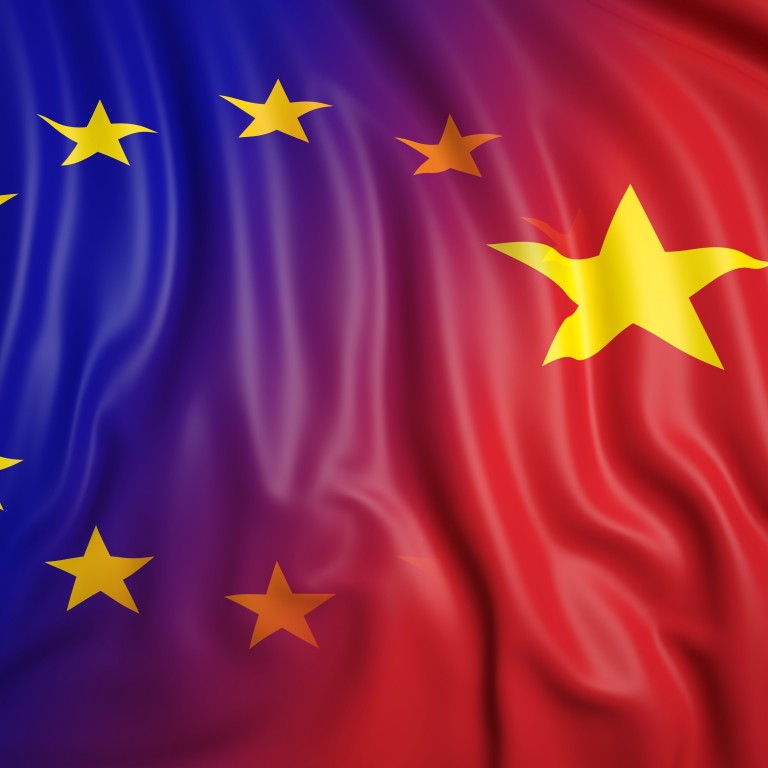
China’s state-owned firms remain barrier to EU investment deal
- Two sides are due to hold a further round of talks this month as the end-of-year deadline moves closer
- Progress had previously stalled as Beijing prioritised trade talks with US, and the Covid-19 pandemic has also slowed progress
Both sides view the investment deal, formally known as the Comprehensive Agreement on Investment, as a landmark in bilateral relations.
It would also carry additional significance in bolstering the global economy that has been hit by the Covid-19 pandemic.
An annual summit co-chaired by Chinese Premier Li Keqiang and EU leaders, which had been scheduled for the end of March, is now expected to be held remotely in the third week of this month with both sides keen to make progress, a European diplomatic source said.
But EU officials have said state subsidies and businesses are key topics in the talks and have called on China to do more to meet the end-of-year deadline for concluding negotiations.
China ‘needs to win over Europe’ after loss of trust and impact of US rivalry
The last round of talks, the 29th, finished at the end of May with no signs of a breakthrough on state-owned enterprises and other thorny issues, although progress was made on the issue of sustainable development.
“The investment negotiations focused on market access, including sector specific market access asks, and on disciplines related to investment liberalisation and level playing field, notably, the rules for state-owned enterprises and reinforced disciplines tackling forced technology transfers,” the European Commission said in a statement released on May 29.
The investment treaty negotiations stalled last year because Beijing prioritised talks with the US to end the trade war.
While they started to regain momentum late last year, the Covid-19 pandemic put a stop to travel and face-to-face meetings, slowing down the process.
Time to reach a deal by the end of the year is running out, but European officials remain reluctant to settle for a less substantial deal.
The role of state firms and government subsidies in the Chinese economy are a long-standing grievance of foreign investors and the US failed to reach agreement on the issue in the interim trade deal it signed in January.
Xi Jinping’s meeting with EU leaders postponed due to coronavirus
Beijing is about to unveil a three-year action plan to reform state-owned enterprises.
However, the reform process has long been criticised as sluggish and the role of state-owned enterprises has risen in recent years, especially now when Beijing is relying on state firms as a buffer to stabilise employment in the wake of the Covid-19 pandemic.
A Chinese source said state-owned enterprises have enjoyed too many favours and reaching any meaningful compromise would be difficult.
“There is a lack of transparency in terms of subsidies and the government has not fully implementedplans to treat state firms and private and foreign companies equally,” the source added.
Cui Hongjian, from the China Institute of International Studies, said the issue “is not a simple economic decision, but involves political considerations”.
“It will be a political decision whether it will be a compromise deal or a comprehensive but tough one,” he said.
Zhang Ming, China’s envoy to the bloc, said at the end of last month that Beijing was serious about the agreement and called on Brussels to remain flexible and pragmatic in the negotiations.
“We hope our EU partners will meet us halfway,” he said.

